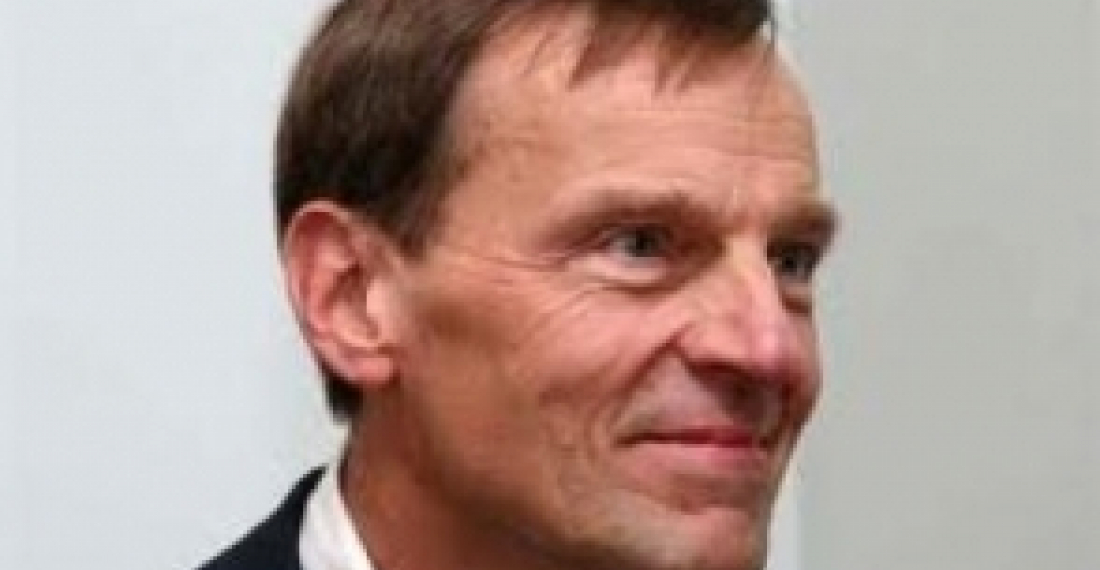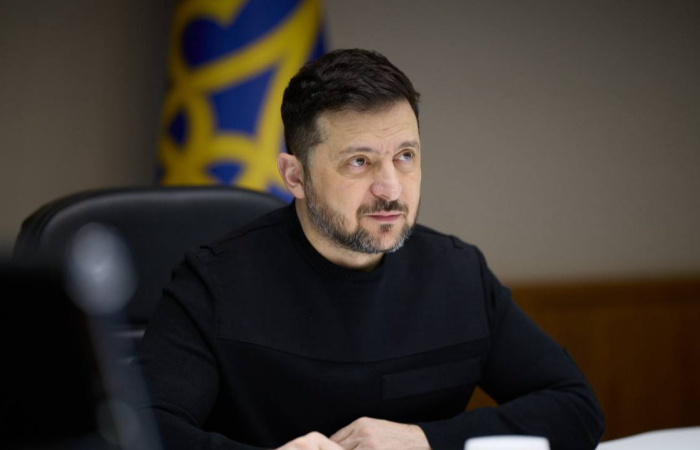The OSCE Minsk Group has done three important things. First of all, it has helped be a factor for stability. It has helped defuse tensions. It has helped prevent the outbreak of another war, and when cease-fire violations occur -- and they have occurred throughout this period, since 1994 -- it has helped ensure that those cease-fire violations do not escalate into something more serious, U.S. Ambassador Robert Bradtke, U.S. co-chair of the OSCE Minsk Group, says in an interview with RFE/RL.
"The second thing the Minsk Group has done is be a channel for communication between and among the parties. The parties don't have the capability, necessarily, to talk directly to one another, so when we travel to the region or when we meet the leaders outside the region, we hear their views and we can convey those views to the other party in a way that helps them, perhaps, to understand each other better. And the third thing that was part of our mandate that we have done in this period is to develop a common basis for negotiation," Ambassador Bradtke says. He believes that they have
made a lot of substantive progress in the last years. "Again, I think the outlines of an agreement are there. There are complications about the sequencing of steps toward a final settlement, about fleshing out some of the details, and as I say, there's this lack of trust which makes it much more difficult to reach agreement," he says.
"One of the things I feel is important here as well is [that] the sides are probably closer to an agreement than they think they are," Robert Bradtke says. He added that the co-chairs can provide ideas, offer suggestions, provide encouragement, but fundamentally, it is the parties themselves that have to make what are very difficult decisions.
"We will be meeting as co-chairs in Vienna later this week before we meet with the OSCE Permanent Council. This will also give us a chance to discuss with the high-level planning group at the OSCE -- their military experts -- [and we will] get some input from them on this mechanism. So we will continue to work on this and try to develop ideas that the sides can agree upon," the ambassador says, RFE/RL cites.
The OSCE Minsk Group represented by co-chairs from Russia, U.S. and France has been mediating in the conflict's resolution since 1992. At present the peace process is based on the Madrid Principles suggested by the OSCE MG in 2007 in Madrid and renovated in 2009.







